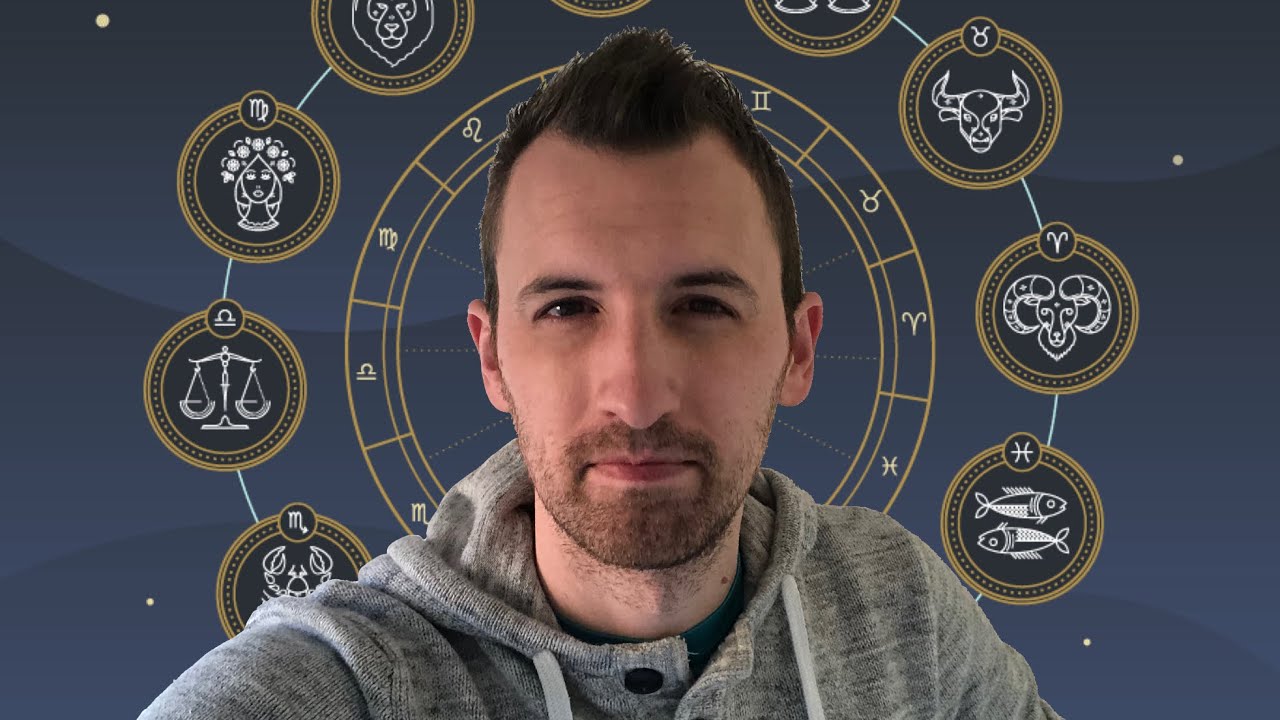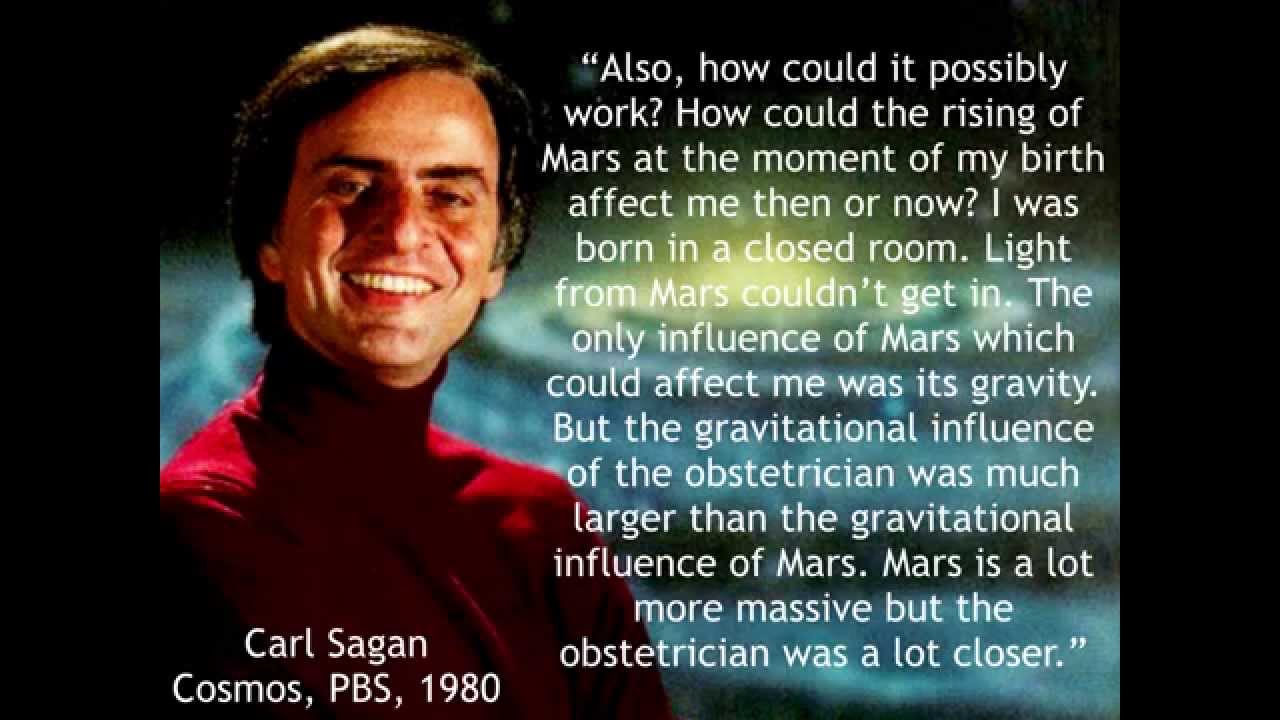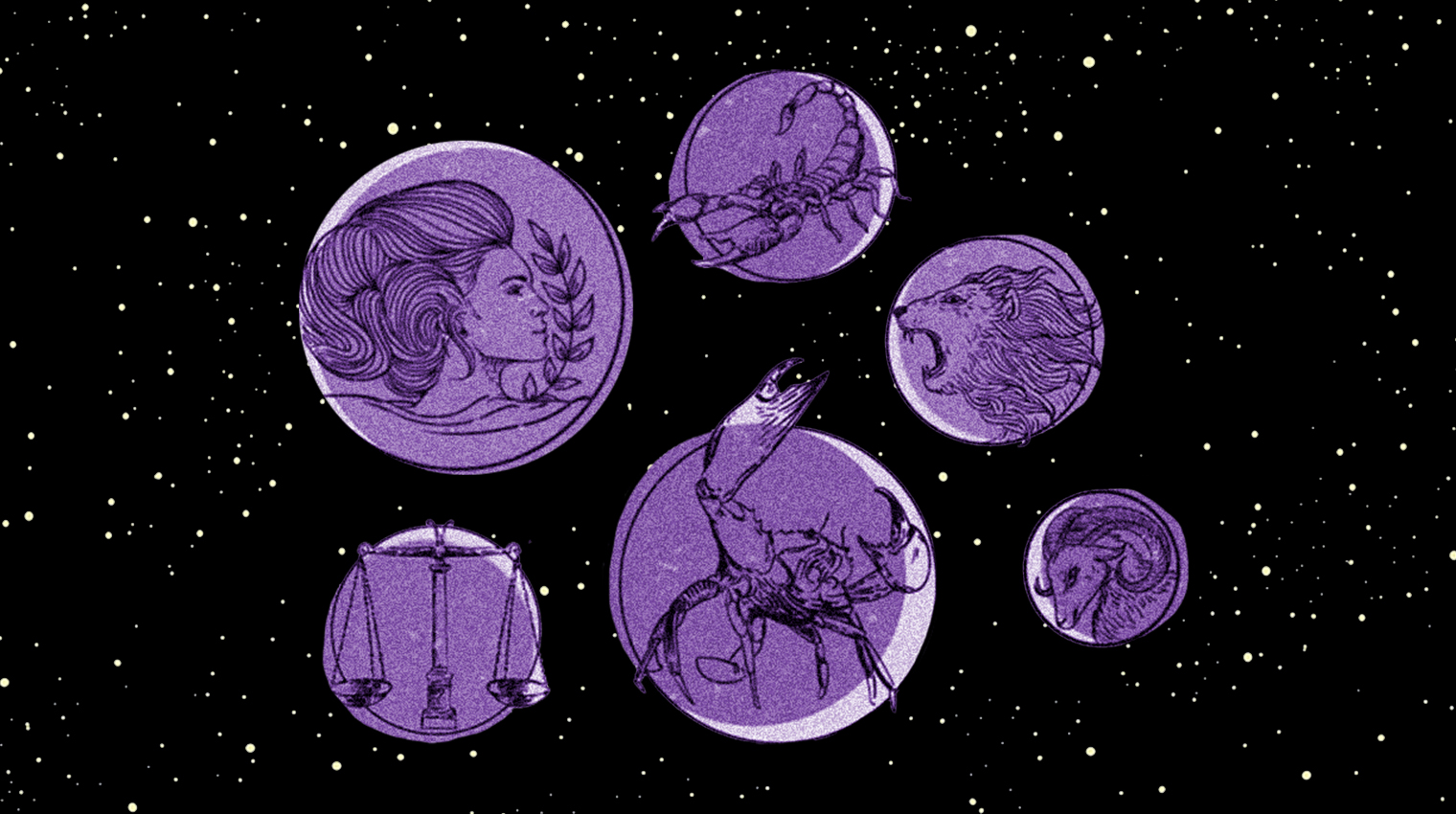Astrology, the belief that celestial bodies have an influence on human affairs and personalities, has been a subject of interest for thousands of years. However, despite its popularity, astrology has faced a lot of criticism from skeptics who argue that it lacks scientific evidence and is based on superstition. In this article, we will explore the critiques of astrologyand the arguments made by its critics.
Lack Of Scientific Evidence
One of the main critiques of astrology is the lack of scientific evidence to support its claims. Astrology is not based on empirical evidence but on subjective interpretations of the positions and movements of celestial bodies. Scientific studies have repeatedly failed to demonstrate any correlation between astrological predictions and actual events.
In fact, in 1975, a group of scientists led by astronomer Shawn Carlson conducted a study that involved 28 professional astrologers attempting to match birth charts with personality traits. The results showed no correlation between the astrologers' predictions and the subjects' actual traits. This study has been cited by critics as evidence that astrology lacks scientific validity.
Confirmation Bias And Self-fulfilling Prophecies
Another critique of astrology is that it can lead to confirmation bias and self-fulfilling prophecies. Confirmation bias occurs when people look for evidence to confirm their pre-existing beliefs while ignoring evidence that contradicts them. With astrology, people may selectively interpret events to fit their horoscope predictions while ignoring events that do not match.
Self-fulfilling prophecies occur when people's actions and attitudes are influenced by their beliefs. If someone believes that their horoscope prediction will come true, they may unconsciously act in ways that make it more likely to happen. This can create a feedback loop where the person's actions reinforce their belief in astrology.

Destroying Astrology in Less Than 10 Minutes!!
Overgeneralization And Vagueness
Critics of astrology also argue that its predictions are often overgeneralized and vague. For example, horoscopes that apply to an entire zodiac sign rather than to individuals are criticized for making broad statements that could apply to anyone. The Barnum effect, named after circus showman P.T. Barnum, refers to the tendency of people to accept vague statements as accurate descriptions of themselves.
Astrology can also be criticized for its lack of specificity. Predictions are often phrased in a way that allows for multiple interpretations, making it difficult to assess their accuracy. For example, a horoscope prediction that says "you will experience a major change in your life" could refer to anything from a new job to a relationship breakup.
Potential Harm
Finally, critics of astrology argue that it can be potentially harmful. Believing in astrology can lead people to make important life decisions based on inaccurate or unscientific information. For example, someone may avoid starting a businessor pursuing a relationship because their horoscope predicts bad luck in those areas.
Astrology can also be used to prey on vulnerable people who are looking for guidance or a sense of control. Psychics and astrologers who charge moneyfor their services are criticized for exploiting people's beliefs and making false promises.
Role Of Astrology In Media
Astrology has also played a significant role in media, from newspapers to magazines to social media. Horoscope columns, which provide astrological predictions based on a person's zodiac sign, can be found in most newspapers and magazines.
In recent years, astrology has also become increasingly popular on social media platforms such as Twitter and Instagram. Many astrologers have gained large followings on these platforms, where they provide daily horoscope predictions, offer insights into current astrological events, and share their thoughts on various astrological topics.
Some critics have argued that the media's use of astrology can be harmful, as it may encourage people to make important life decisions based on horoscope predictions rather than rational decision-making. They also argue that horoscope columns can perpetuate harmful stereotypes and limit people's understanding of themselves and others based on their zodiac sign.

Critique of Carl Sagan's critique of astrology
Counterarguments For Critiques Of Astrology
While astrology has faced criticism from skeptics, there are also counterarguments made by believers and astrologers. Here are some of the most common counterarguments for the critiques of astrology:
Scientific Evidence
Believers in astrology argue that while it may not be based on traditional scientific evidence, it is still a valid field of study. Astrology is a holistic and intuitive approach to understanding human affairs and the cosmos, and cannot be fully explained through traditional scientific methods.
Some astrologers also point out that there are many things that science cannot yet explain, such as consciousness and the nature of the universe. They argue that just because science cannot yet prove the validity of astrology, it does not mean that it is inherently invalid. But still some software relating to astrologyis used to give precision to this art.
Personal Experience
Another counterargument made by believers is that astrology can be validated through personal experience. Many people report feeling a connection to their horoscope predictions and finding them to be accurate in their own lives.
Believers also argue that astrology can provide a sense of self-awareness and understanding that can be beneficial for personal growth. By examining their birth chart and horoscope, individuals may gain insight into their strengths, weaknesses, and tendencies, which can help them to make better decisions in their lives.
Diversity And Complexity
Astrologersalso argue that astrology is a diverse and complex field, and cannot be reduced to oversimplified horoscopes or generalized predictions. There are many different astrological systems and techniques, each with their own nuances and interpretations.
Additionally, astrologers argue that astrology is not just about making predictions but about understanding the underlying archetypes and symbols that can be found in the movements of celestial bodies. By examining these archetypes and symbols, individuals can gain insight into universal human experiences and connect with something greater than themselves.
Responsibility And Ethics
Astrologers who charge moneyfor their services argue that they have a responsibility to act ethically and provide accurate information to their clients. They argue that just like any other profession, astrology has ethical standards and codes of conduct that must be followed.
Astrologers also argue that they are not forcing anyone to believe in astrology or make life decisions based on horoscope predictions. It is up to each individual to decide whether they want to take astrology seriously and use it as a tool for personal growth and self-reflection.
People Also Ask
What Is An Argument For Astrology?
Proponents of astrology argue that a person's birth chart, which is determined by the positions of celestial bodies at the time of their birth, can provide valuable information about their strengths, weaknesses, and life path. Astrology also emphasizes the interconnectedness of the universe and the idea that celestial bodies have an impact on human affairs.
Does NASA Believe In Astrology?
No, NASAdoes not believe in astrology. NASA is a scientific organization that is dedicated to the study of space and the universe through empirical evidence and rigorous scientific methods. While some individual scientists or employees may have personal beliefs in astrology, the organization as a whole does not endorse or support astrology as a legitimate field of study.
What Does The Bible Say About Astrology?
The Bible does not have a clear stance on astrology, as the concept did not exist in its current form at the time the Bible was written. However, some Christians argue that astrology is a form of divination and is therefore forbidden by Biblical teachings. They point to passages in the Bible that condemn divination and the use of astrology to predict the future. Other Christians argue that astrology is a neutral practice that can be used for personal growth and self-reflection, as long as it is not used to make important life decisions or as a replacement for faith in God.
Conclusion
The critiques and counterarguments of astrology will likely continue to be debated by skeptics and believers alike. However, what is clear is that astrology holds a special place in the hearts and minds of many people around the world.
Whether it is viewed as a legitimate field of study or dismissed as pseudoscience, astrology continues to captivate and inspire people to seek a deeper understanding of themselves and the world around them.
Regardless of whether one believes in astrology or not, it is important to approach the subject with an open mind and a healthy dose of skepticism. By doing so, we can engage in meaningful conversations about astrology and gain a greater appreciation for the complexities of human belief and understanding.
